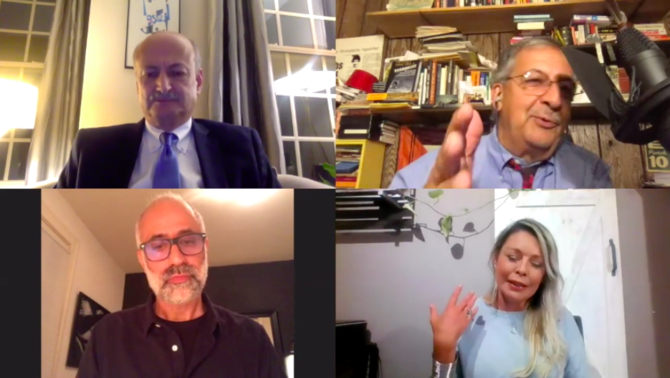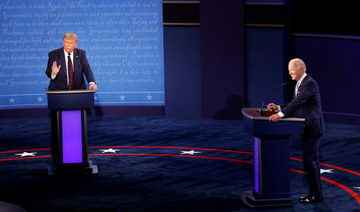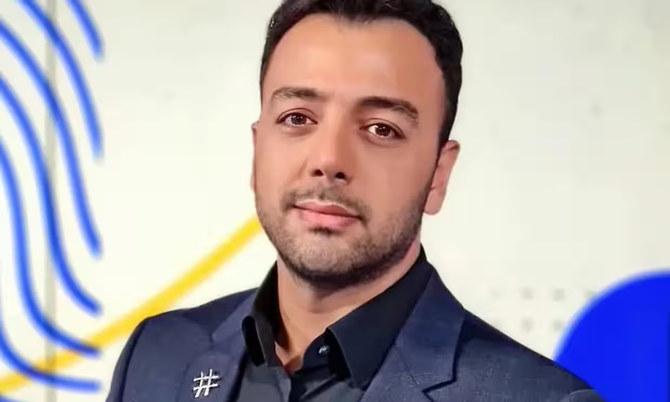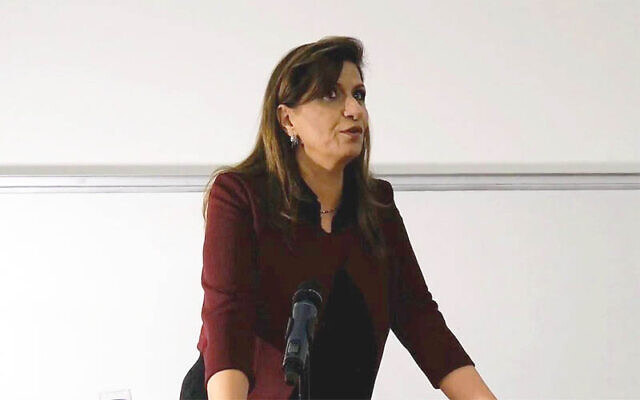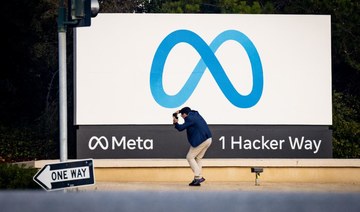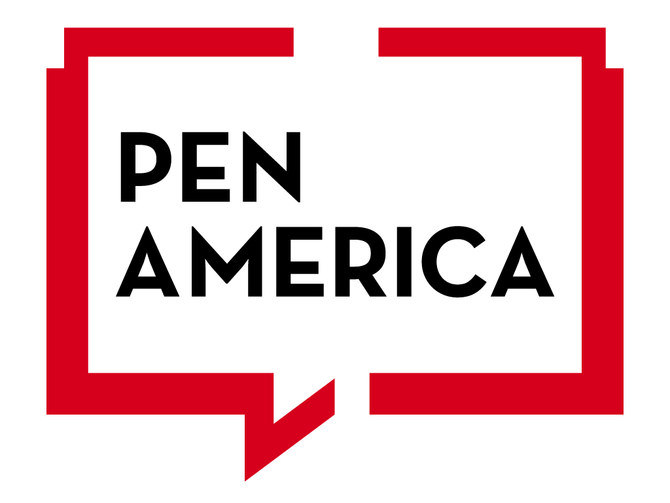CHICAGO: An Arab News panel of four distinguished Arab-American journalists and writers concluded Tuesday evening that there was “no clear winner” in the first of three debates between President Donald Trump and his Democratic challenger Joe Biden.
Trump and Biden took the stage in a 90-minute sparring match held at Case Western Reserve University in Cleveland, Ohio, and moderated by “Fox News Sunday” host Chris Wallace.
Arab News panelists included Dalia Al-Aqidi, a former congressional candidate in Minnesota and award-winning international journalist and commentator covering foreign affairs; and Warren David, president of ArabAmerica.com, a networking website that disseminates events, news, music and culture.
*********
READ MORE:
‘Just shut up, man’ - Biden and Trump trade personal insults in first presidential debate
Did Biden just ‘Inshallah’ Trump on his taxes during the US presidential debate?
AS IT HAPPENED: Trump, Biden in heated and chaotic presidential debate
*********
The discussion was moderated by Arab News New York correspondent Ephrem Kossaify, who has covered American elections since 2004, interviewing former presidents Bill Clinton and George H.W. Bush.
It was emceed by Ray Hanania, a veteran Chicago City Hall political writer who is Arab News’s US special correspondent and columnist.
“I don’t think anybody won,” Al-Aqidi said. “I don’t think this debate made any impact on undecided voters … It wasn’t a debate. It was boring at one point. So I don’t think there was a winner.”
David said the president was “bullying” during the debate. “Trump didn’t follow the rules of the presidential debate, and I think Biden somehow won because Trump was out of control,” David added.
Kossaify said: “We’ve never seen a debate like this one. It was more of a brawl than a debate. There was hope that somehow we’d rise above the chaos tonight, but I don’t think we really did. It was very chaotic throughout.”
Hanania noted that Biden called Trump many names, including “liar”, “clown” and “racist,” while the president spent much time interrupting Biden as he responded to questions, to the point where Wallace reprimanded Trump for violating the rules that were agreed upon by his campaign not to interrupt.
“But Biden did something no one expected. He didn’t stumble … They brought up he was too old to be president, and did he have the mental capacity. He proved he does,” Hanania said.
“Trump on the other hand, I don’t think he was mean as many people thought he’d be, other than using the term ‘Pocahontas’ one time in the beginning. He didn’t call anyone fat. He didn’t insult women. He didn’t insult Biden.”
All agreed that no clear, single issue stood out from either candidate. “It was the same thing back and forth, back and forth, back and forth,” David said.
“I was really disappointed in Wallace. He really came after the president several times, and Biden but more after Trump.”
Panelists agreed that the president interrupted Biden frequently, earning reprimands from Wallace.
What was most memorable of the 90-minute debate? “Biden managed to stay on stage for 96 minutes. The bar is so low for Biden, it was an achievement for him to stay straight for 96 minutes,” Al-Aqidi said.
“I think the biggest failure was Wallace. We didn’t hear clear questions … and he didn’t let us hear the answers. There were very important issues that needed to be discussed, but he couldn’t get a clear answer from both.”
The debate was broken up into short two-minute statements from each candidate on a topic, followed by several minutes of open debate, but it appeared chaotic at times.
The first question was on the appointment of a Supreme Court justice to succeeded Ruth Bader Ginsburg, who died in September.
Other topics included the handling of the COVID-19 pandemic, the economy, what Wallace described as “race and violence in American cities,” and the integrity of the elections.
“Every issue discussed tonight is very crucial to what’s happening tonight — the Supreme Court nomination to fill the gap of the late Judge Ginsburg and what that would entail; in terms of health care that affects every American; abortion rights; women rights. Everything is in the balance,” said Kossaify.
David said: “This is the most important election in this country … 2020 has had so many issues, starting with COVID-19 and civil rights issues, and starting with impeachment at the beginning of the year … health care, the divisiveness — all of that and the Supreme Court, Roe vs Wade, all these big issues … We can’t afford to have a debate like this because our lives are on the line.”



